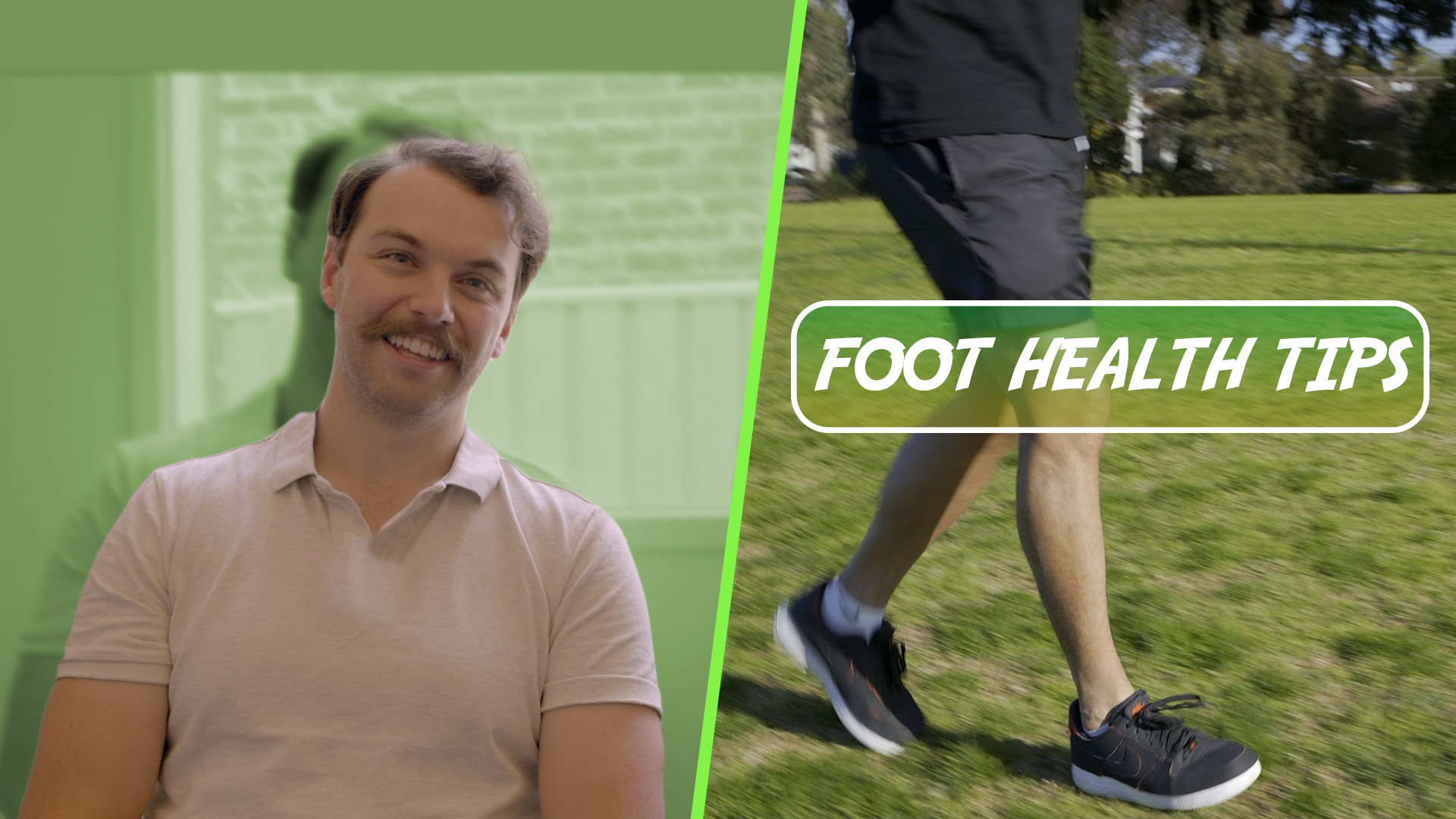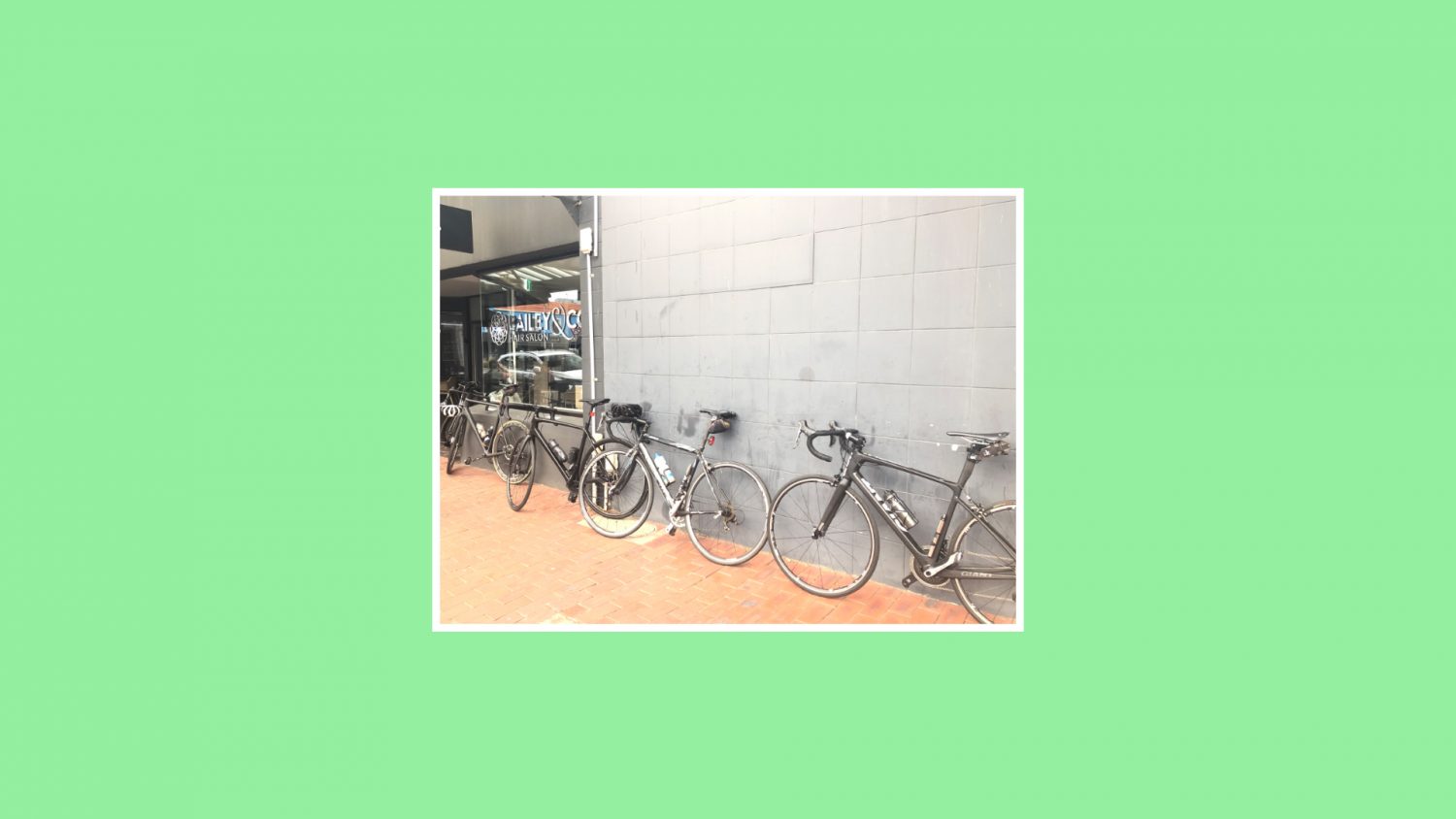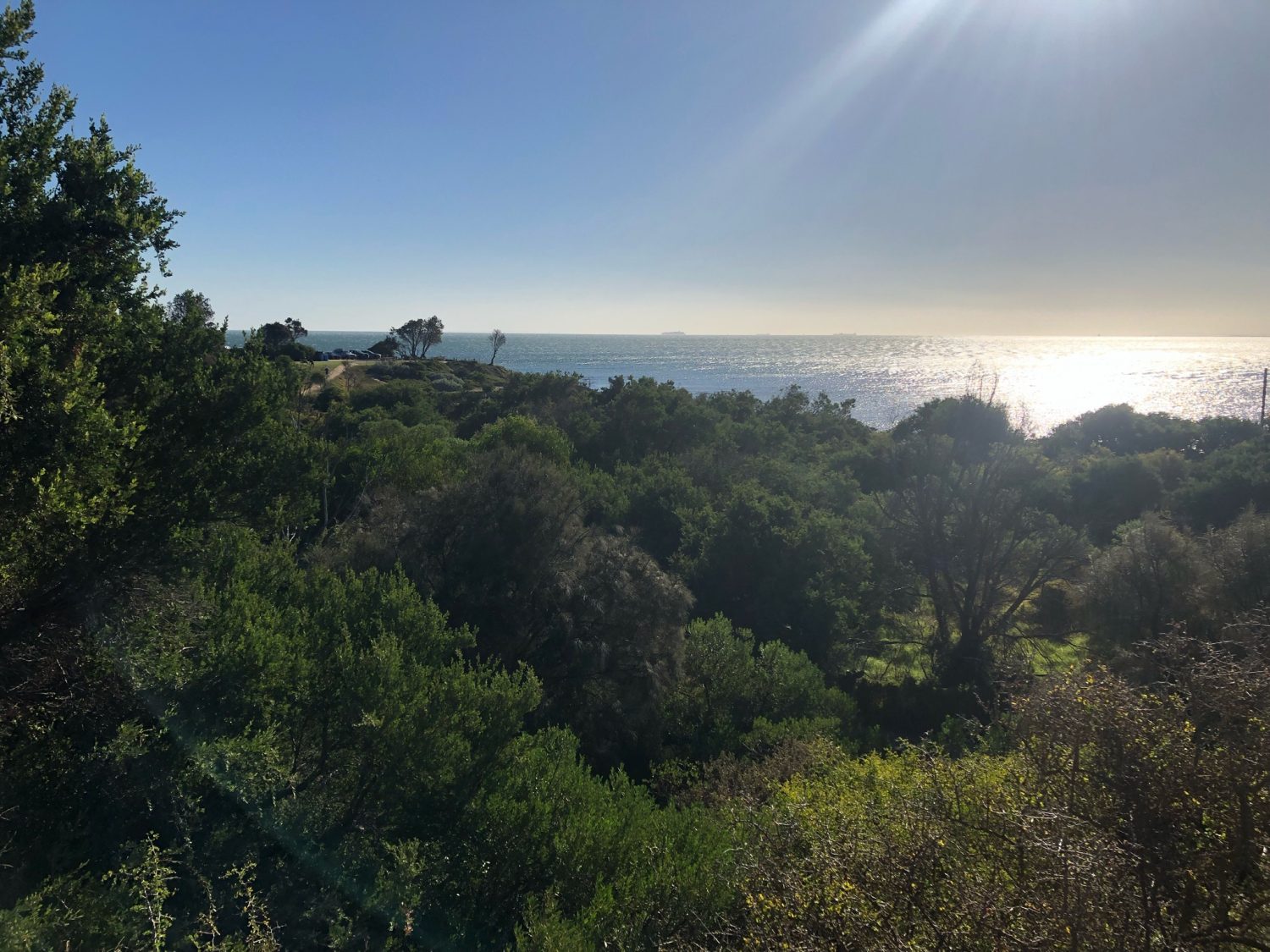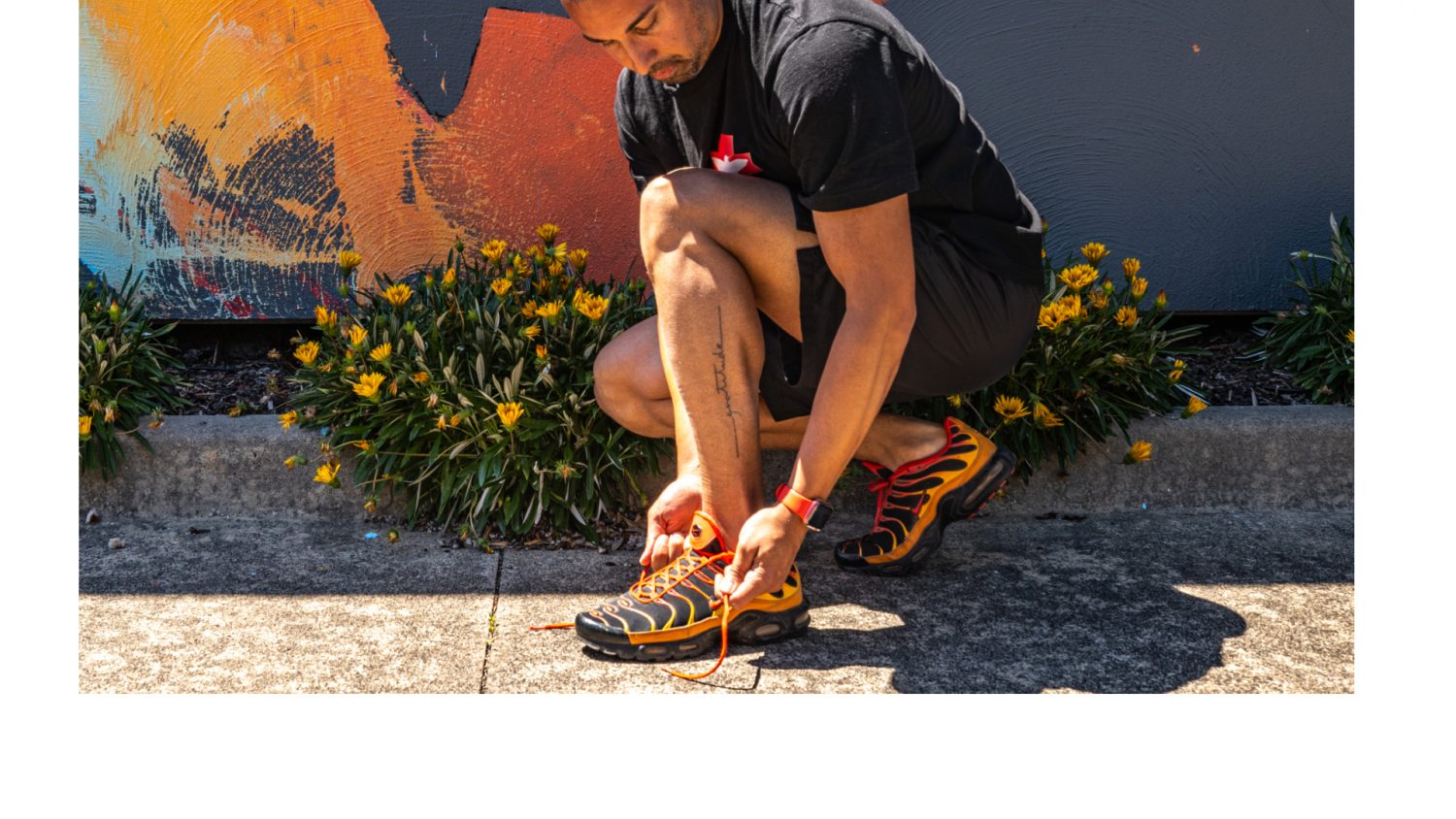Following on from when I wrote here last, I have been asked on numerous occasions about footwear and avoiding injury. This is fantastic as it means that people are reading and have an interest in what I have to say, which is a luxury I normally don’t have at home! So here I am again.
Unfortunately injuries happen. Injury is supposed to happen! It is how we grow. Anyone who has ever been on a long run or lifted heavy weights knows that a few days afterwards you are likely going to feel a bit sore and stiff. This is because when we exercise, we literally break small amounts of fibres in our body, but that’s a good thing. This is how our body recognises that you need to grow and repair and will replace the injured tissues. Unfortunately, sometimes this process gets interrupted and so our bodies begin to fall behind.
Injury is what happens when we ask the body to go beyond what it is capable of. These days we focus on ‘Tissue stress model’, which is simply a model to explain how injury and healing occurs. If we ask a tissue (tendon, muscle, bone etc) to do above what it is capable of, it is going to go into deficit.
This is true for short high energy injury such as rolling an ankle where a lot of force causes injury in a very short time, or ‘acute injury’ or low energy long term injury such as Achilles tendinopathy caused by running each day without giving structures the time they need to repair and get strong again before re exposing yourself to those forces. This is an ‘overuse injury’.
Sometimes bad luck happens, but we can do a bit of work to help keep ourselves healthy. Like almost anything else worth doing, injury prevention is something that needs to be worked at to be effective.
So without further ado, here are my top tips to stay healthy and injury free:
- Rest. We all speak about sets and reps and training progression and personal best times, but how many of us make sure that we are resting properly. This not only means getting a good nights’ sleep but also to make sure that we are giving our bodies the time it needs to repair from exertion. Each person should have a good idea of ‘run, rest, repeat’ (even if you’re not a ‘runner’, the same principles hold true).
- Footwear. For those of you who missed what I wrote last time, you might be interested in what I said about footwear. However, in addition to that we also need to make sure that our shoes are in a good condition, suitable for our body and appropriate to the activity that you intend to do. A racing flat might be appropriate for a short interval or sprint, but you wouldn’t want to be wearing it on the golf course! This counts not only for the times that we are active but also when we are resting before/afterwards as well. An overused foot with heel pain is not going to like being walked on bare for any extended period.
- Warm up and cool down. We all know this one, but hey, we are all time poor and want to get out and do our bit and get home to the family. Evidence shows that people who make sure to spend the time to ‘warm up and cool down’ have far fewer injuries and are less susceptible to training errors. They also spend less time out of sport due to injury even in the event of a diagnosed medical condition.
- Drink. We need water. Hey, it literally makes up a big part of who we are (about 70%)! When we exert ourselves, we sweat – when we sweat we lose fluids. You need to get the levels back up again after you are finished. Most elite or semi-elite organisations that I have been a part of actually weigh every athlete before and after a game/training sessions. The difference in what you weigh is how much fluid that you have lost. It’s not uncommon to see an average AFL footy player lose 1-2kgs during a game!
- Eat well. We have all heard that we are what we eat. Food is the fuel that we burn when we exercise. It’s also the source of all of the nutrients, proteins, fats and sugars that our body needs to repair tissues that become injured during exercise, so make sure to top up the tank with nutritious foods regularly.
David Lee, Podiatrist.
You can book an appointment with David at one of our Atticus Health clinics below:



